The Ukraine-Russia crisis has escalated into what is being labeled as “Europe’s darkest hour since WWII” by Belgian Prime Minister Alexander De Croo. As the world scrambles to respond to the situation Alina Ovcharenko `24, the only Ukrainian student currently on campus, says she feels “more scared and hopeless than ever before.”
“I find myself checking the news every few minutes … it’s very hard for me to focus on anything else right now,” said Ovcharenko.
As Associate Professor Danielle Lussier, chair of the political science department and the Russian, Central European and Eurasian studies concentration, explains: “In recent months, there has been a buildup of Russian troops along the Ukrainian border … and as of Monday, Russia announced that it was recognizing two separatist regions of Ukraine as being autonomous and that it was allowing them to join the Russian Federation.”
As of writing this article, Russia has reported launching a “special military operation” in Ukraine, which major news sources have recognized as a full-scale Russian attack on Ukraine by land, air and sea.
“To me, it’s not just a thing, ordeal, or situation — it’s called war. It’s called an invasion,” says Ovcharenko.
“It feels very isolating to be the only Ukrainian student on campus, said Ovcharenko. “I’m just so confused and uncertain about my future. … I feel like I’m on the way to losing my home. … It’s been terrible, heartbreaking and terrifying.”
Nini Pataridze `22, an international student from Georgia, said that “this definitely revives memories of the 2008 Russo-Georgian war … to me, it’s just a repetition of what happened back then. … This might well be an introduction to what is going to happen in the near future.”
“It’s very scary to imagine that some spillover may very much occur,” said Malina Cantemir `24, an international student from Romania. “It’s more tensions that we’ve ever seen before … there’s nothing I or my parents can do about it, they could flee to Germany or some other country, but I don’t even want to think of that ever happening.”
To me, its not just a thing, ordeal or situation — it’s called war. It’s called an invasion. – Alina Ovcharenko `24
Professor Emeritus Robert Grey, professor of political science and Russian, Central European and Eurasian studies, explained that “there have been weeks of Western diplomatic attempts to persuade Russia not to go forward with the hostilities, yet they have all failed … It comes after the West rejected Russia’s ‘diplomacy talks prerequisite’ of blocking Ukraine from ever joining NATO.”
“Politics is a dirty deed,” said Anastasia Izmaylova, director of the Center for Languages and Intercultural Communication, who is from Moscow, Russia. “Knowing that Ukraine and Russia are so historically linked and share similar cultures, it’s really upsetting that there is a conflict … after all, there are real people and lives involved.”
Izmaylova also stressed the importance of allowing “people who actually live in afflicted regions to decide what they want for their region, and that this is done in a fair, transparent and clear way where everybody keeps up with their end of the deal.”
Al Kochetkova ’23, an international student from Moscow, Russia, said that they “feel absolutely awful about the tensions” and that they “hope everyone tries to remain safe, if at all possible.” They said, “Ukraine is a sovereign country and deserves to be a sovereign country. … I’m against any escalation or war … there are many things that unite people from Russia and Ukraine, yet I still believe that Ukraine is its own country and has the full right to be so regardless of the similarities.”
It’s more tensions that we’ve ever seen before … there’s nothing I or my parents can do about it, they could flee to Germany or some other country, but I don’t even want to think of that ever happening. – Malina Cantemir `24
The crisis has taken center stage globally and has become a sensitive topic of contention amongst the international community. Kochetkova pushed back against the rise of portraying the crisis as a “TikTok trend” and “meme.”
“The whole World War Three discourse is very desensitizing, especially for those who feel protected by being far away,” said Kochetkova.
“I don’t appreciate the Gen Z humor on the war, nor do I find it funny … my family have literally packed their bags so that they’re ready to leave whenever they’re at risk,” said Ovcharenko.
Professor Lussier said, “there’s a tendency, when we’re dealing with a really heated crisis of this nature, to not check our language enough.”
A major commonality amongst all individuals interviewed by the S&B is the recognition that “an end to hostilities is always an option.”
“Nobody wants the conflict; we just want a sense of peace and stability,” said Cantemir.
“I only want peace to be restored and for the region to be recognized for its many beautiful, culturally dynamic and diverse countries,” said Pataridze.
“I hope for peace and a diplomatic exit, war is not going to be pretty for anyone,” said Izmaylova.
“We should never forget the power of diplomacy in the face of the massive and now more real than ever threat of war,” said Kochetkova.
“Let us remember that we have students on this campus who are personally affected by this. We need to approach our conversations with empathy towards them in mind and recognize that de-escalation and diplomacy are always a solution,” said Lussier.
“I’m terrified, have had too much and just want this whole thing to be over. I want to be making plans for my future rather than worrying whether I will even have a future,” said Ovcharenko.

















































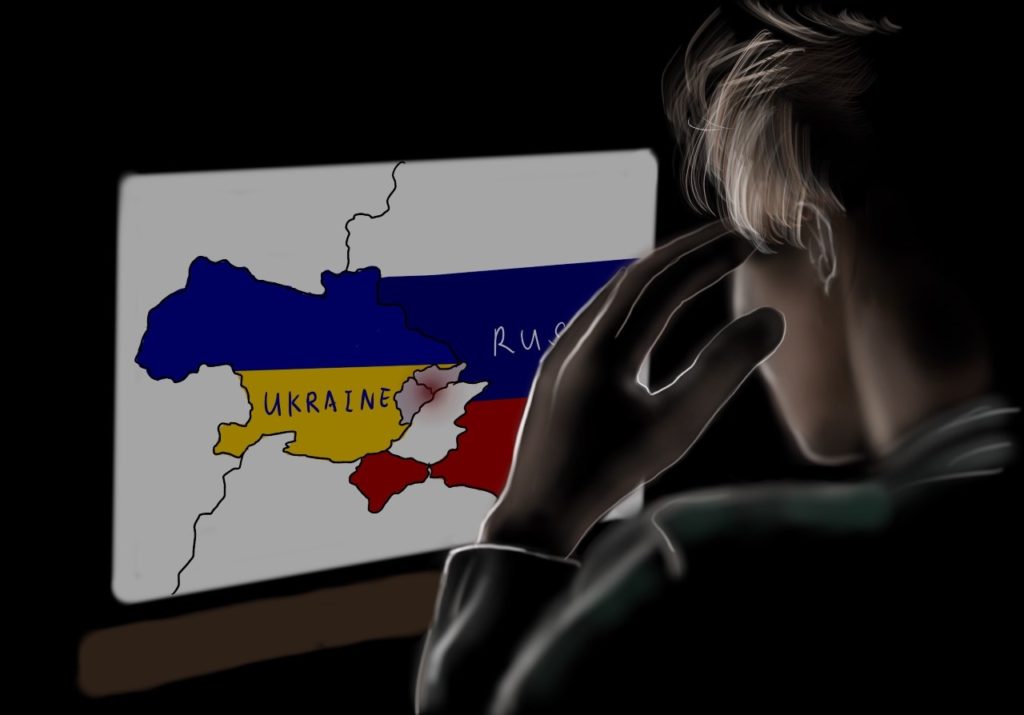






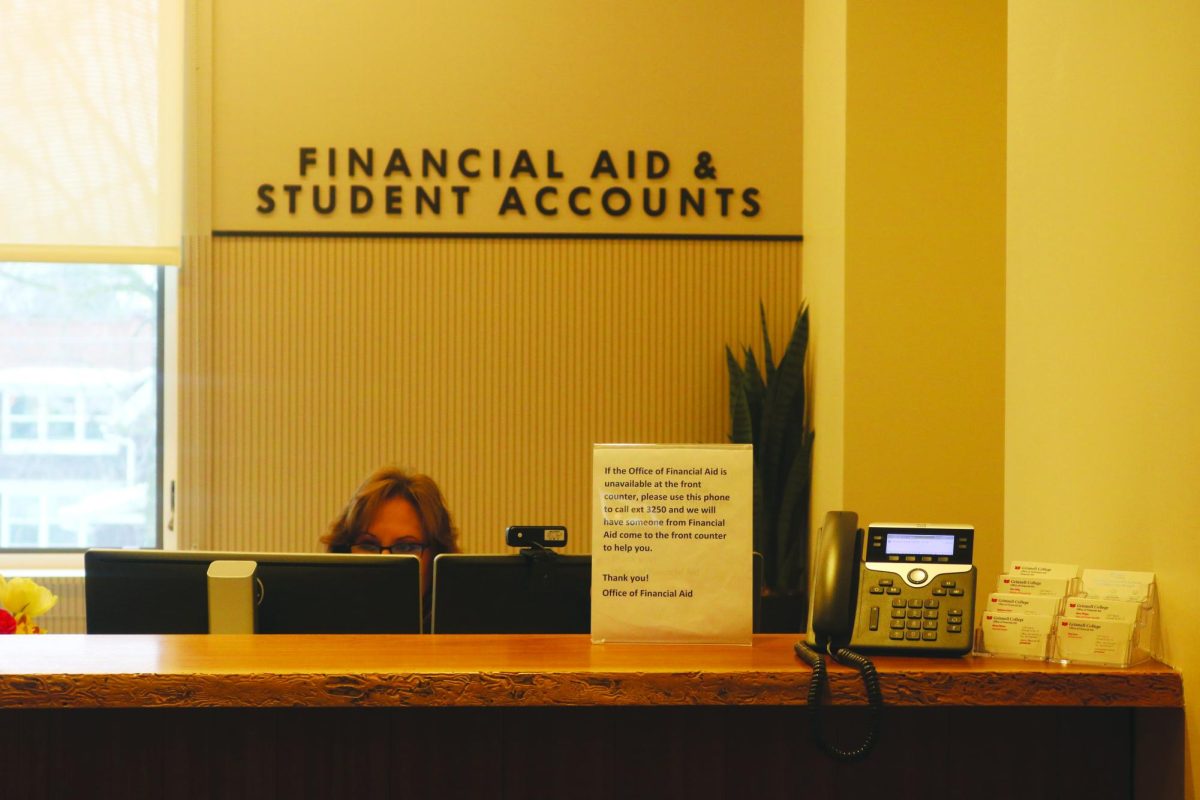
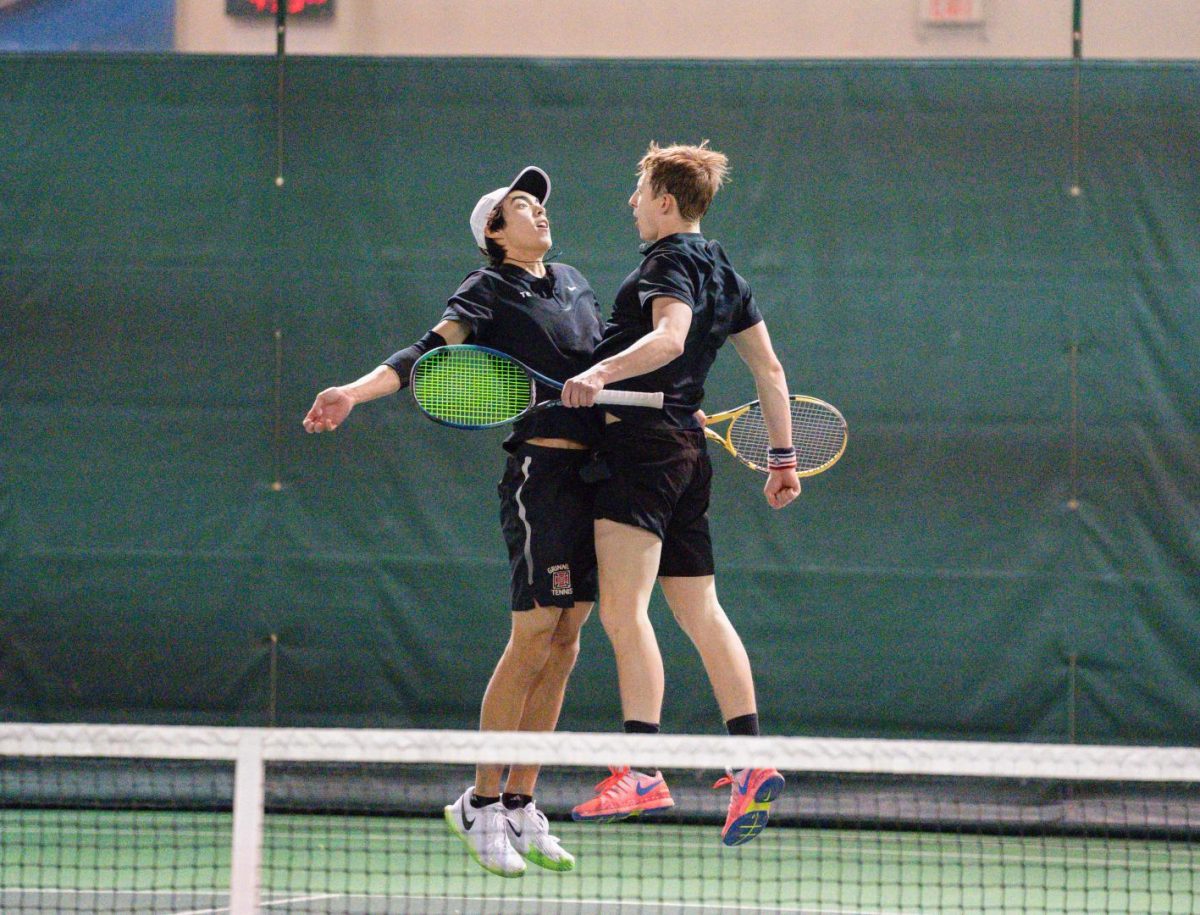

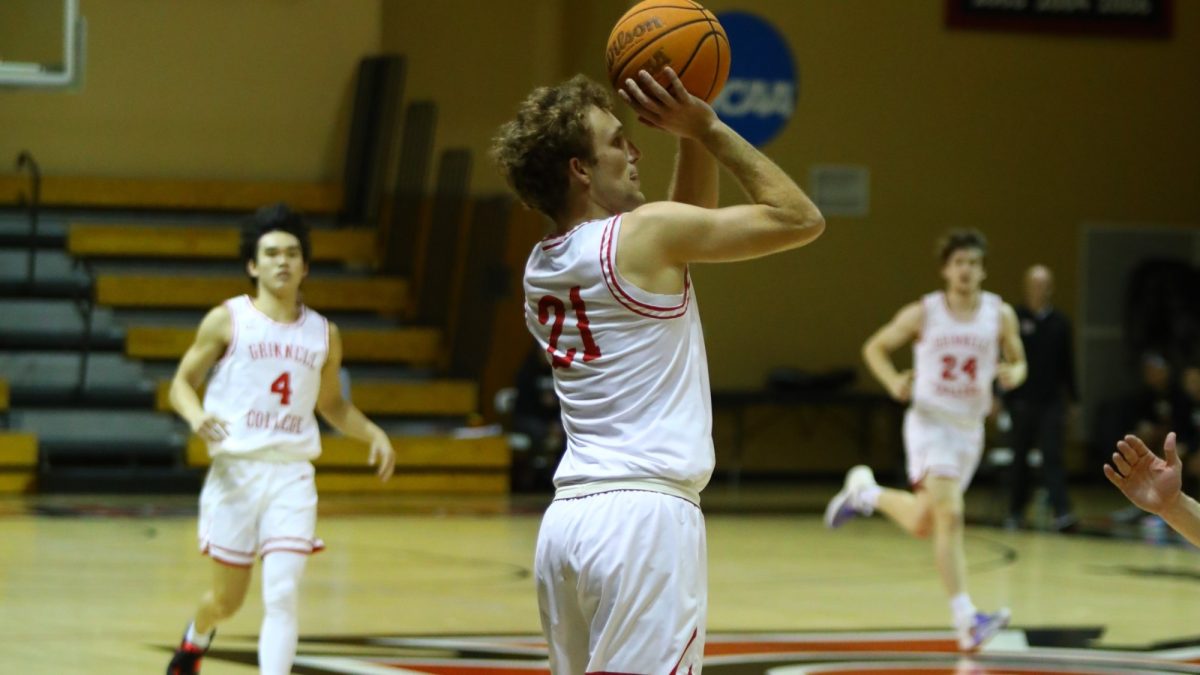
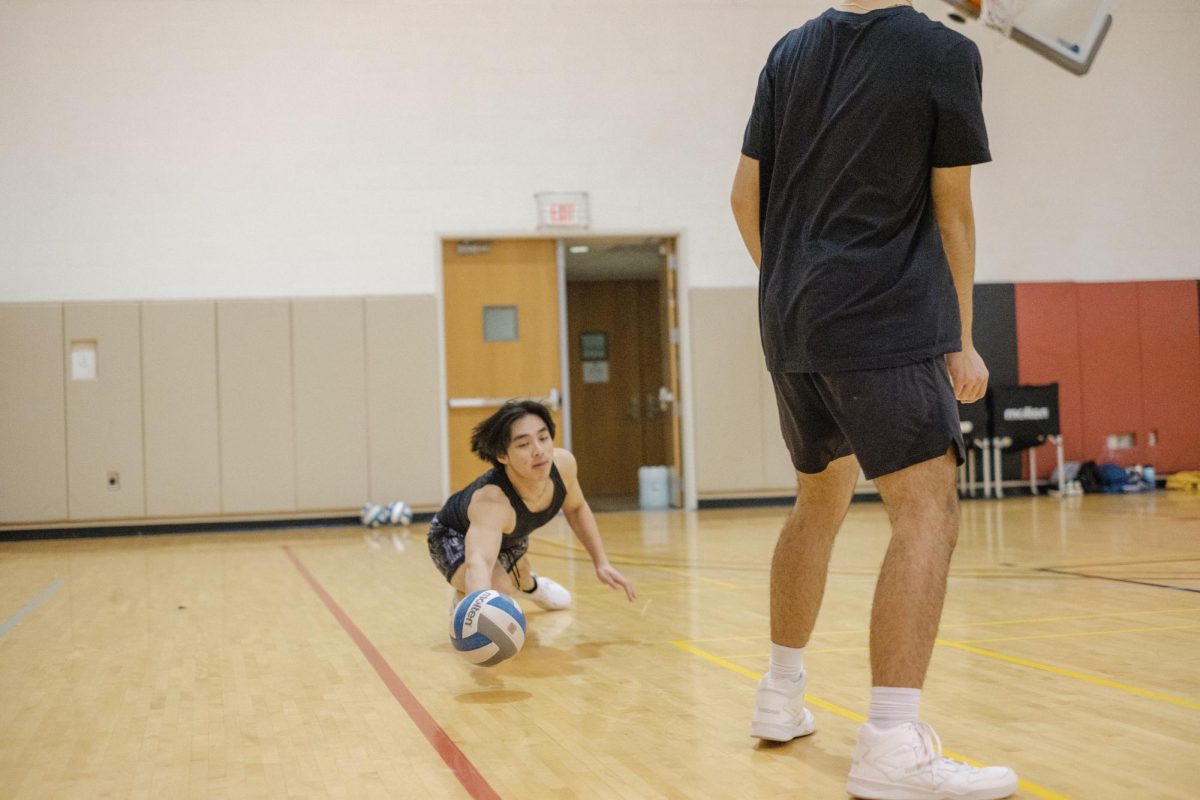
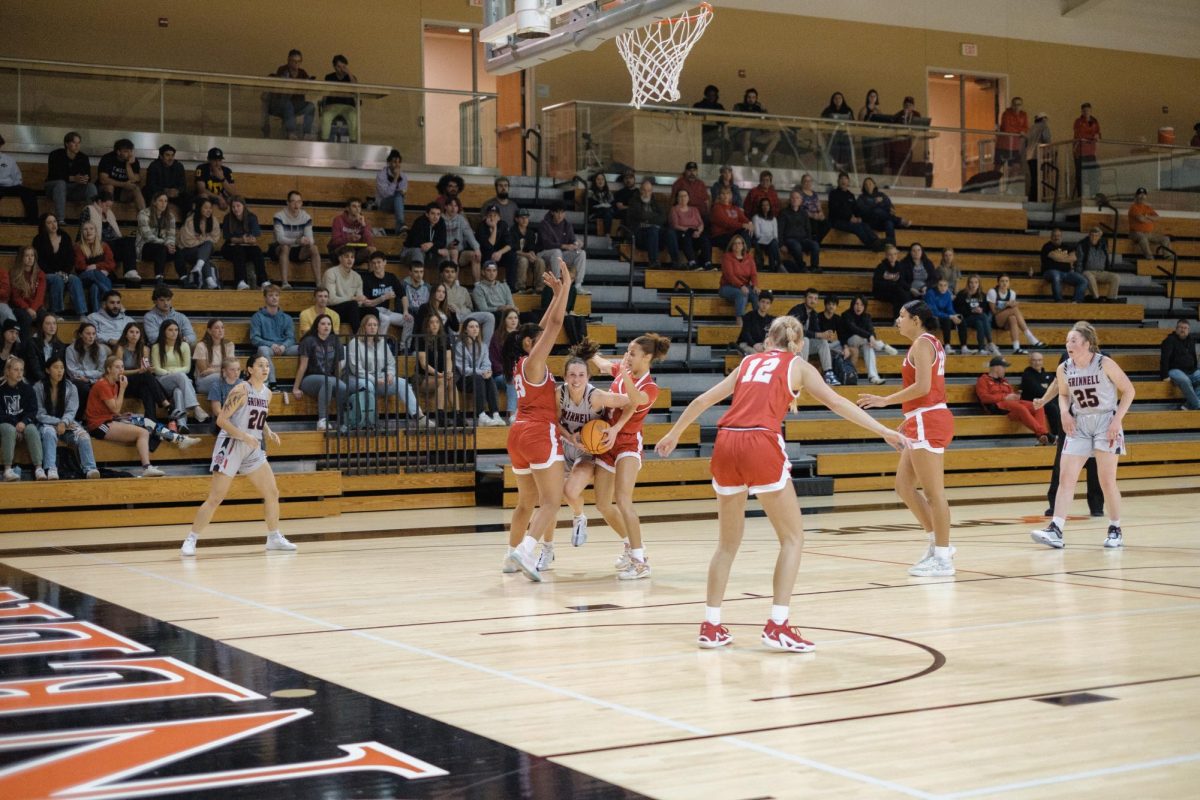
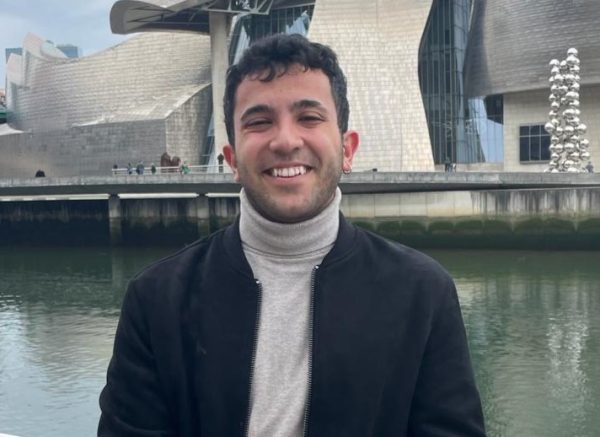
Meagan McKinstry • Feb 24, 2022 at 5:46 pm
Is there anything the Grinnell community (whether current Grinnellians or alums) can do to support Alina? I know what she really needs is peace and sovereignty for her nation, but is there anything we can do to support her emotionally?